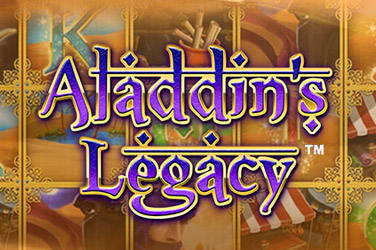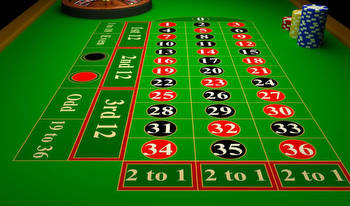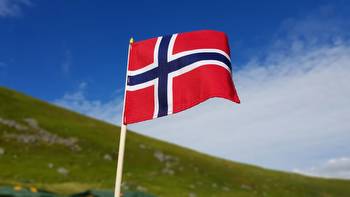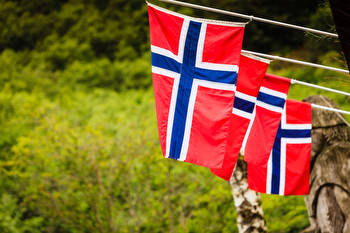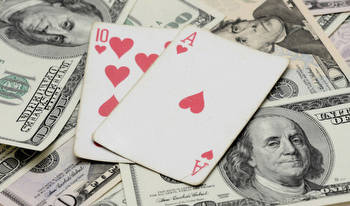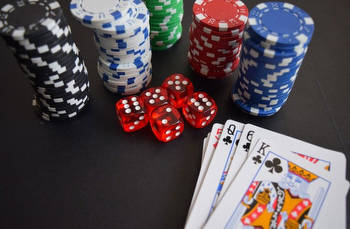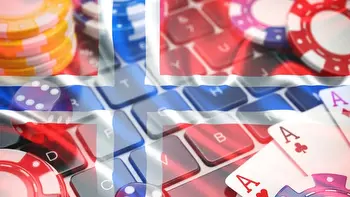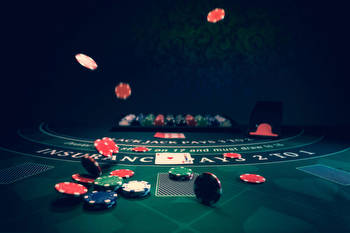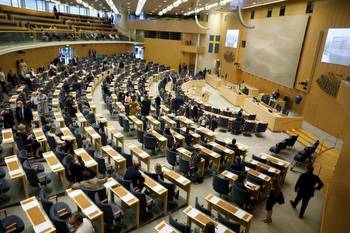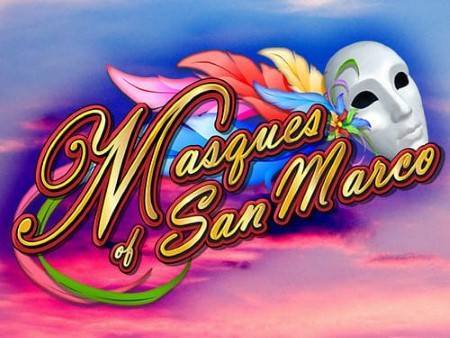Gambling in Scandinavia: An overview of the culture and regulations
Scandinavia is known for heavy metal, ABBA, stunning scenery and liberalism.
Each country has its own rules and regulations for its gambling, though. And before you decide to head to the Scandi countries for a spin on the spelautomater - here is what you need to know.
Online gambling has increased in popularity in Scandinavia just as much as in the rest of the world. What is interesting is that some countries have their specific licenses, deposit limits and more.
Gambling in Denmark
Denmark is neither too strict nor too relaxed when it comes to its rules. In 2012 Denmark passed a Gambling Act that has been regularly updated and reviewed since its inception.
Originally Danske Spil was the only licensed gambling company providing games to the citizens of Denmark.
Since the Gambling Act, there has been a rise in sports betting and other online casino providers. Giving residents of Denmark more options in where and how they play.
However, Danske Spil still has a monopoly on many games like lotteries, bingo, horse racing and keno.
Not only that, but many other companies are unable to get a license for this type of gambling game.
According to Statista, the online casino revenue for Denmark in 2020 was 2.45 billion Danish kroner (over 3 billion euro, almost 3 billion pounds).
35% of the gambling market in Denmark is lotteries, and 27% is online casinos - with land-based casinos only contributing 2% to the total - Spillemyndigheden.
Gambling in Finland
Finland has a state-controlled monopoly on both online and offline gambling. Three different organisations are responsible for regulating gambling in Finland.
- Fintoto Oy covers pari mutuel horse racing
- Veikkaus Oy takes care of sports betting, instant win games, and the national lottery
- RAY is for brick-and-mortar gambling throughout Finland. Covering land-based casinos, table games, traditional casino games like roulette and slot machines.
A fourth organisation called PAF oversees the gambling in the Aland Province, which covers 6700 islands.
The EU and Finland ofter have disagreements in running the gambling as the EU requires free trade between member states.
Finland's tight grip is too restrictive for many gaming operators.
The residents of Finland are allowed to play on any gambling site from any other nation, and most gaming companies offer Finnish and Swedish languages.
IBTimes reports that in 2018, Finns spent 286 million euros gambling in foreign casinos.
Gambling in Norway
Norway, like Finland, is strict with its gambling regulations. There are only two companies with permission to operate and offer gaming games to Norwegian people.
- Norsk Tipping
- Norsk Rikstoto
The profits that Norsk Tipping earns are put back into society and contribute towards the sports and cultural sectors.
A much smaller portion of the profit is handled by Norsk Rikstoto as they handle only horse racing. Horse racing is a much smaller portion of the country's gambling income.
Much like most other countries across the globe, Norweigan players play online.
In 2010 a law was passed that meant that the government would be restricted in processing gambling-related funds. Essentially meaning that is it impossible to deposit funds to online gambling sites.
In order to adhere to the regulations, many players now choose to use an eWallet.
It was reported by EGBA that the tight grip on the gambling market is coming under fire and rejection by players. Since players can choose to play on sites outside of Norway, revenue would be funnelled elsewhere.
A key figure in the report is that 66% of Norway's online gambling occurs on international websites. Losing out on as much as 2 billion NOK.
Gambling in Sweden
Sweden has a more relaxed approach to gambling, and that has been to its benefit in terms of revenue.
Although Sweden does have a Swedish license for many gaming providers, players are free to play on other websites outside of the country.
The Gambling Authority will assess the companies that apply for a license and decide if they fit the criteria for a license.
The lottery, online casinos, and sports betting all come under the Swedish Gambling Act established in January 2019.
Until 2018 all gambling activities had been overseen by the state and had been as strict as Finland.
Although there are three land-based casinos in Malmo, Gothenburg and Stockholm, these are overseen by Svenska Spel, as is the Triss scratch card game.
Svenska Spel puts all of the profits into the country's national treasury.
Sweden seems to have gone further in support of casinos and gambling by recognising professional players. These players are now taxed 18% of their competitive gambling winnings.
While Sweden does run a tight ship when it comes to its gambling laws, compared to Finland, Norway and Denmark, it is more relaxed and supportive of the ever-growing market.
Over time we may see the Scandi governments relax even more on the rules and allow more land-based casino providers. For now, it’s unlikely!







